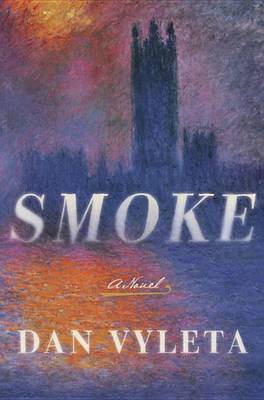
gmcgregor
Written on Sep 14, 2016
At first it seems like an English boarding school book: we're introduced to best friends Charlie and Thomas and resident bully Julius. Thomas and Charlie are a bit of an odd couple: while Charlie is fundamentally decent and well-liked for his openness and good nature, Thomas is proud and defensive, a permanent outsider who can't get his head around the idea that letting well enough alone might be a virtue. We're introduced to their professors and other school leadership, and get a sense of the politics of this world, so similar but different than our own. But when the boys go to visit a relative of Thomas's for Christmas, they find themselves (and Thomas' cousin, Livia) much, much deeper in complicated moral and theological debates than they ever could have imagined.
Up until about three quarters of the way through the book, I was really liking it. Vyleta builds an intricate world and creates characters who hold our interest (the fact that he rotates perspectives fairly frequently helps keep it fresh and give us new information about the world they live in). But then...it feels like he's really trying to raise the stakes super high to give us a big dramatic finale, but he raises them so high that it becomes completely over-the-top and any actual emotional impact it might make is blunted. The book has some similarities in concept to Phillip Pullman's His Dark Materials series (a longtime favorite of mine), and the ending feels reminiscent in a way, but instead of three books worth of storytelling to get us really invested in the outcome, he tries to shove it all into one. It doesn't work.
And since I was pulled out of the story at the end by the ridiculous quality it took on, it made me see other plot issues that I'd had issues with. One of the most glaring, to me, was that while there were several references made to Smoke differing in color and quality according to the underlying emotion that produced it, it was never actually laid out what corresponded to what. I had an e-ARC (electronic advanced reader's copy) so maybe that was changed in the final printing, but I found that personally bothersome. At the end of the day, this is about 75% of a good book but 25% of a pretty bad one. I wouldn't recommend it, but I wouldn't warn anyone away from it either.
